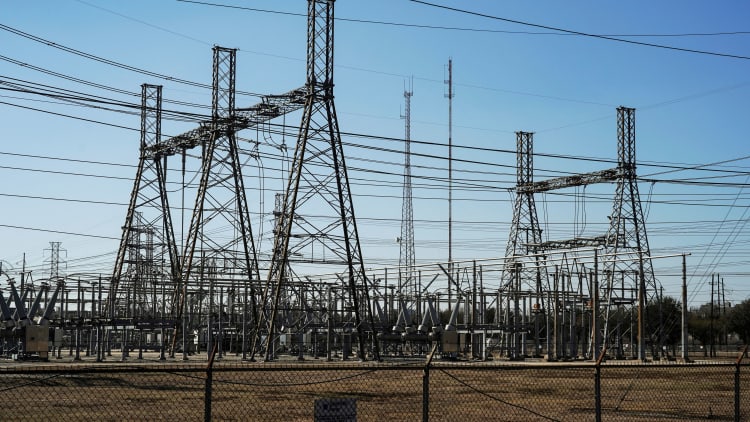Vice President Kamala Harris on Thursday plans to announce a commitment between South Korean solar cell manufacturer Qcells and Virginia-based Summit Ridge Energy to deploy 1.2 gigawatts of community solar power, the largest community solar order in U.S. history.
Harris will make the announcement during a trip to the Qcells facility in Dalton, Georgia as part of the White House's "Invest in America" tour. The deal will require the manufacturing of 2.5 million solar panels, Biden administration officials said, generating enough clean electricity to power 140,000 homes and businesses.
Community solar generally refers to local solar facilities shared by community subscribers who receive credit on their energy bills for their share of the power produced. Community solar results in an average of 10% in annual savings for customers, White House officials said, and provides clean energy benefits to renters and those without access to rooftop solar.
Qcells in January said it will invest $2.5 billion to expand its solar manufacturing capacity in Georgia. The company projects it will supply about 30% of total U.S. demand for solar panels by 2027.
The new plan is catalyzed by tax credits in the Inflation Reduction Act, the historic climate bill signed into law last year. The new panels will likely be deployed in Illinois, Maine and Maryland.



